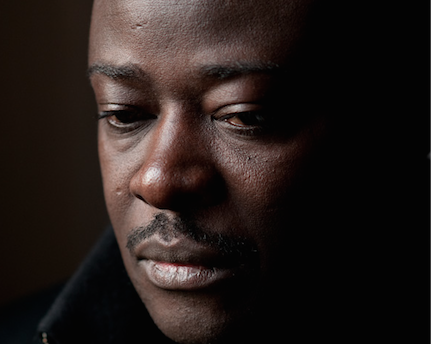The Windham Campbell Prize, launched just two years ago, has quickly become one of the most sought-after literary awards in the world, offering recipients the financial freedom to write with a $150,000 no-strings-attached grant. This year, Nigeria-born Helon Habila, author of the novels Waiting for an Angel (Norton, 2002), Measuring Time (Norton, 2007), and Oil on Water (Norton, 2010), received a Windham Campbell Prize in the Fiction category. Established by Donald Windham and Sandy M. Campbell, who were artists themselves, the prize recognizes writers writing in English from anywhere in the world.
Nicole Idar: The Windham Campbell Prize was inspired by Donald Windham’s own experiences as a young writer struggling to support himself, and in your own work you’ve written about young writers faced with this very struggle—Diaz, the narrator and aspiring journalist in “The Hotel Malogo,” for example. When you were first starting out as a writer, you worked as an editor for several years in Lagos. How has this struggle to balance art with financial security shaped you as a writer?
Helon Habila: Hunger, both metaphorical and literal, is always good for the artist. It sharpens your focus and drives you on. There’s a beautiful essay by Ben Okri on this subject, published in the British Council’s New Writing anthology a long time ago. It is based on his own experiences as a struggling writer in London. He describes how hunger would literally wake you up at night and drive you to the writing desk. But of course the best work on this subject for me is Orwell’s Down and Out in Paris and London. Yet, when the hunger becomes too much, it becomes a burden, not a helper. You might, for instance, find yourself writing about food for no discernible reason. I wrote my first book mostly hungry, with no computer, and by candle light because our electricity wasn’t working. This was in Lagos. I had to go to work at 7 am, and get home at around 7 pm, rest for a few hours and start writing by candle light till around 3 am. Then rest and go to work at 7 am. It was tough, but it shaped me in so many ways. I am glad that book worked out, it went on to win the Caine Prize and got me my first book deal with Penguin and Norton. It would have been devastating if it didn’t. READ MORE…




